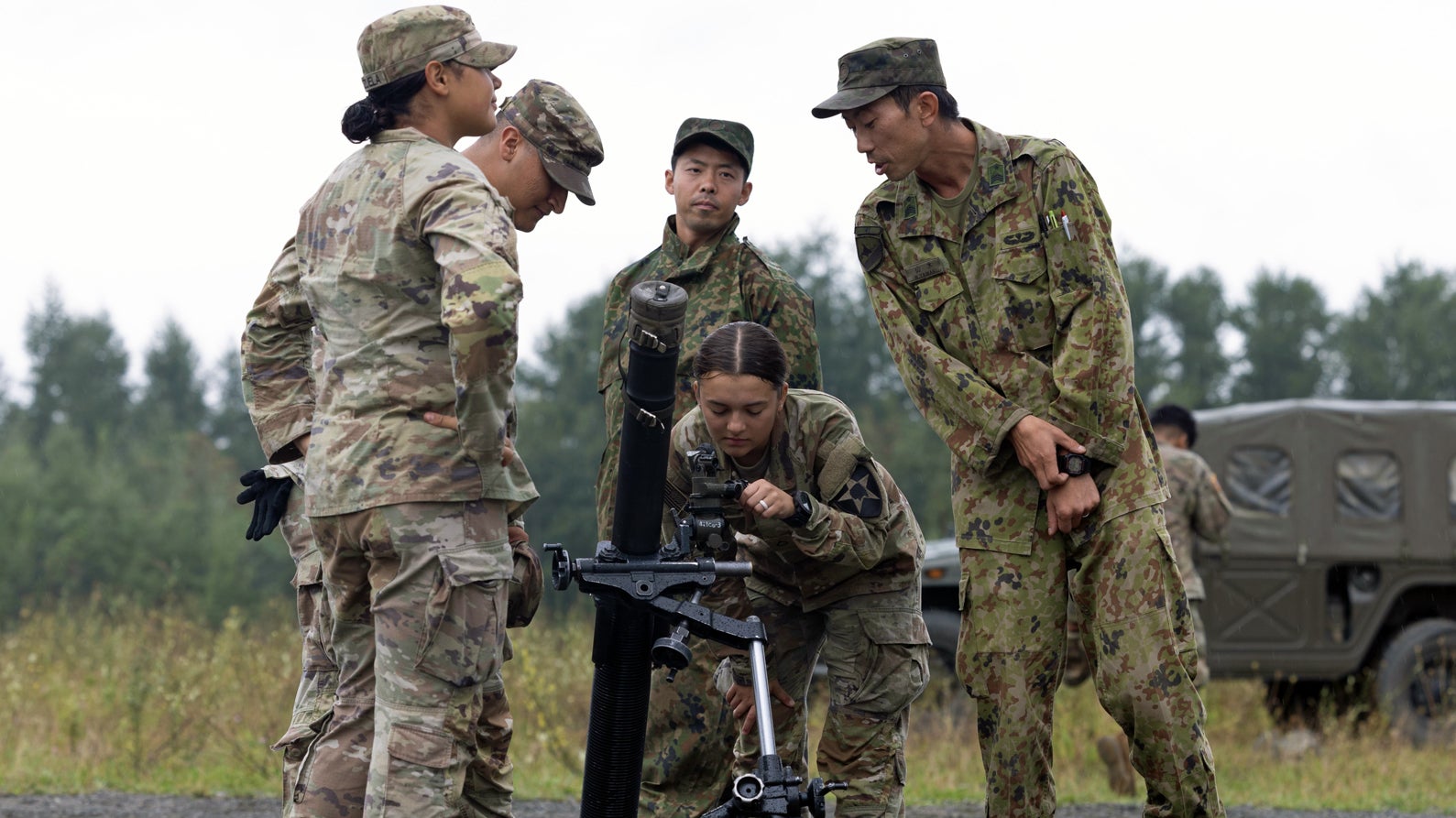Army Builds Human Connections in Indo-Pacific
Army Builds Human Connections in Indo-Pacific

When it comes to interoperability in the Indo-Pacific among U.S. troops and their partners and allies, the most important element is human interaction, said Gen. Charles Flynn, commander of U.S. Army Pacific.
Spelling out the three factors that lead to effective interoperability—human, technical and procedural—Flynn said that the human aspect “is the most important because that is a prerequisite to the other ones.”
“That is demonstrated [on land] because we’re operating with their forces, we’re operating amongst the people, we’re being respectful to their culture, to their societies, to their roads, to their infrastructure, all of it,” Flynn said during a recent conversation with senior fellows at the Hudson Institute.
What surprises many observers, he said, is the fact that the region, which is largely seen as an air and maritime operational environment, is “defined by large armies” such as those in the Philippines, Japan and Indonesia.
Training with these armies in the Indo-Pacific leads to a natural connection among soldiers “in a way that is asymmetrical to our adversaries,” Flynn said.
“In my view, it’s actually the great counterweight that we have against China's irresponsible and aggressive behavior,” Flynn said. “That is best represented through the network of allies and partners throughout the land power network because of the size of the armies that they have.”
There has been increased interest from Indo-Pacific nations to participate in multilateral and multinational exercises such as Talisman Sabre and Garuda Shield, Flynn said, noting that the will of the United States “is best demonstrated out in the villages, out in the towns with the people, understanding at a very fingertip feel what’s actually happening in these countries.”
Flynn pointed to the benefits of Operation Pathways, which encompasses more than 40 army-to-army and joint exercises throughout the year.
“This thirst and this behavior that [allies and partners] are exhibiting in the region is they appreciate the ability to come together as a multinational force, learn from one another, and they are doing that more and more,” Flynn said. “To me, that is the greatest indicator of the success that we are having. They want to participate in more multilateral and multinational exercises, and they're showing up to do that.”

